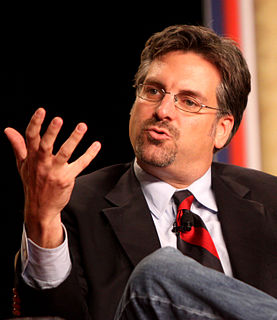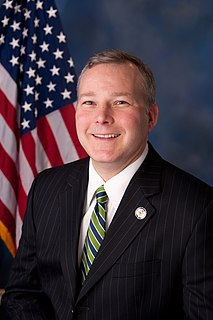A Quote by Dick Cheney
I worry very much that we're in a situation now where there doesn't appear to be any limitation whatsoever in terms of the spending commitments that Obama's administration wants to make. Vast expansion in terms of the deficit, but it also says a lot about what they intend for the role of government in the society.
Related Quotes
Ronald Reagan cut taxes to raise the deficit to stop liberals in future years from increasing spending. Obama will raise spending to raise the deficit to stop conservatives in future years from cutting taxes. As he funds every liberal dream - from alternative energy production to infrastructure renovation to more federal revenue sharing - he will force a massive expansion in the size of government for a decade to come.
Some people worry about our federal deficit, but I, I worry about our bravery deficit. Our economy, our society - we're just losing out because we're not raising our girls to be brave. The bravery deficit is why women are underrepresented in STEM, in C-suites, in boardrooms, in Congress, and pretty much everywhere you look.
What's hurting the U.S. economy is total government spending. The deficit is an indicator that the government is spending so much money that it can't even get around to stealing all of the money that it wants to spend. But the tip of the iceberg is not what hit the Titanic - it was the 90 percent of the iceberg under water.
A quote that I like very much comes close to explaining my attitude about taking photographs. ‘Chinese poetry rarely trespasses beyond the bounds of actuality the great Chinese poets accept the world exactly as they find it in all its terms and with profound simplicity they seldom talk about one thing in terms of another; but are able enough and sure enough as artists to make the ultimately exact terms become the beautiful terms.’
In terms of how Iranians see the U.S. government, that's a difficult question. But in terms of how Iranians see Americans, there is a very good mutual belief that they have so much in common with American people and they feel totally related to them. In terms of government, definitely there are some hardcore hardliners who hate the U.S. government, but at the same time, there are some more moderate.
I had a lot of fantasies about being an architect when I was young, and I think I still do. On a visceral level, I'm very intellectually and emotionally attracted to acknowledging how space functions in our lives, both in terms of pleasure and in terms of control, and in terms of all those factors that form a life. I'm also very anxious and maybe repulsed by how superficial that whole dialogue can become.
It is my view that what is important is cutting government spending, however spending is financed. A so-called deficit is a disguised and hidden form of taxation. The real burden on the public is what government spends (and mandates others to spend). As I have said repeatedly, I would rather have government spend one trillion dollars with a deficit of a half a trillion than have government spend two trillion dollars with no deficit.
In many respects, the United States is the freest country in the world. I don't just mean in terms of limits on state coercion, though that's true too, but also in terms of individual relations. The United States comes closer to classlessness in terms of interpersonal relations than virtually any society.
With a congressional mandate to run the deficit up as high as need be, there is no reason to raise taxes now and risk aggravating the depression. Instead, Obama will follow the opposite of the Reagan strategy. Reagan cut taxes and increased the deficit so that liberals could not increase spending. Obama will raise spending and increase the deficit so that conservatives cannot cut taxes. And, when the economy is restored, he will raise taxes with impunity, since the only people who will have to pay them would be rich Republicans.
However little president Obama knows or cares about economics, he knows a lot about politics - and especially political rhetoric. 'High-speed rail' is simply another set of loft words to justify continued expansion of government spending. So are words like 'investment in education' or 'investment' in any number of other things, which serves the same political purpose.
In that sense, Obama is America's first postmodern president. If his predecessors tended to see the world in terms of good and evil, Obama sees the world in terms of victims and victimizers - with the United States often in the role of victimizer. In that view, long favored by the academic left that shaped a young Barack Obama, American foreign policy is one long train of abuses, marked by casual aggression and eager imperiousness.
































